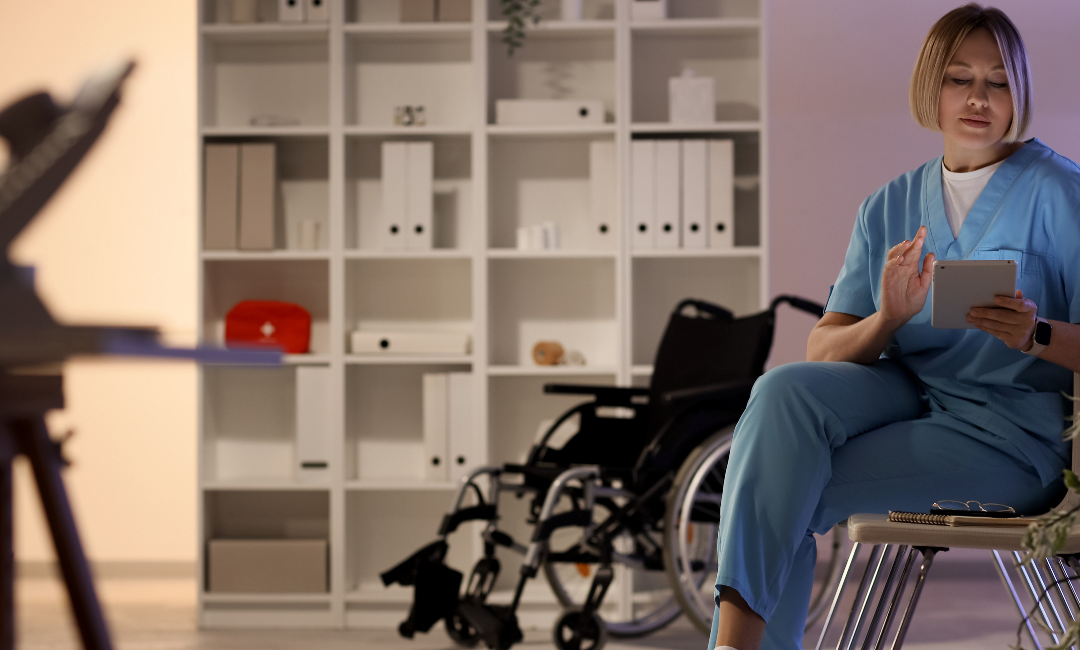What is Human Trafficking?
Unlike a health condition like diabetes or cancer, human trafficking is not detected via a test or bloodwork. Human trafficking is often missed in several public settings, including health care settings, because of pre-conceived notions about what someone who is being trafficked looks like.
It is important to note that anyone can be human trafficked, including adults, children, and the elderly. Also, trafficking can look differently and take many forms, such as those involved in sex work, the drug trade, or modern-day slave labor.
Since there are many types of trafficking and many ways people can get trafficked, nurses must realize that there’s no one face of human trafficking.
Historically, people who have experienced human trafficking have often been women and children, immigrants, and those who do not have financial means. However, anyone can be subjected to violence, manipulation, and coercion and end up in the cycle of human trafficking.
Now, with more evidence-based research, there are more best practices to identify those who might be experiencing human trafficking, to provide care for those who are or have been trafficked, and to advocate for patient safety.







